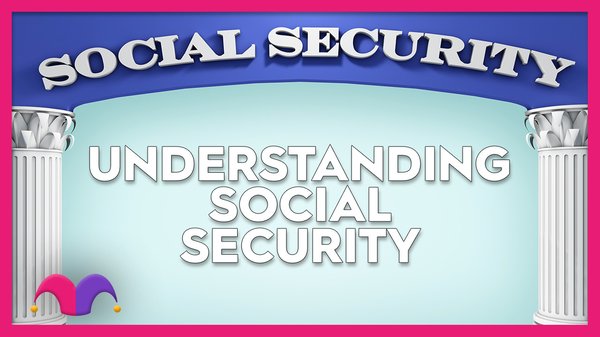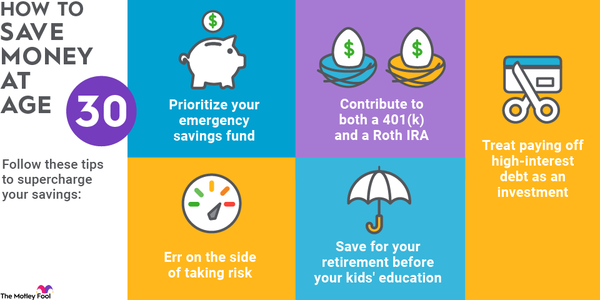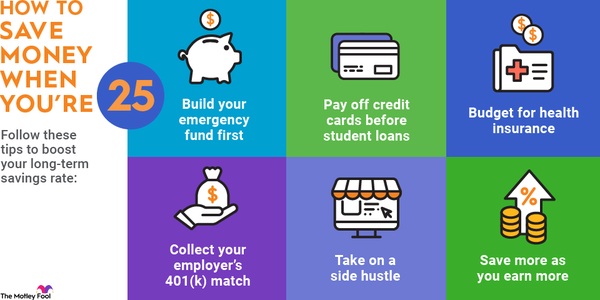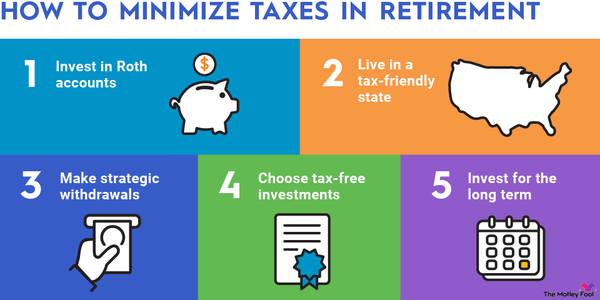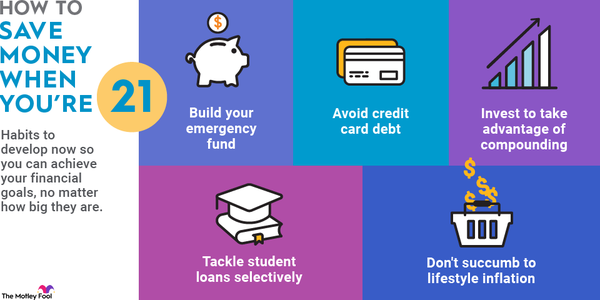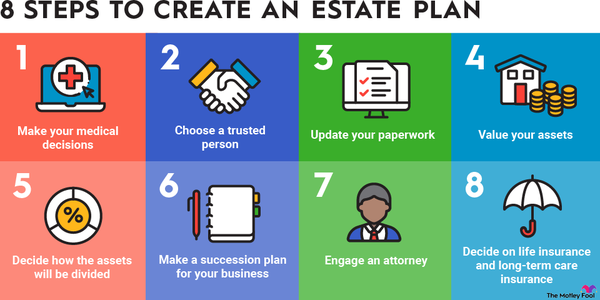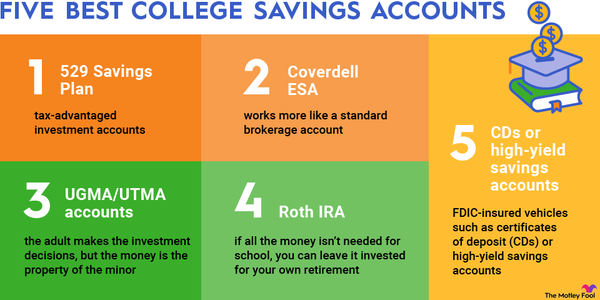When you're behind on saving money at age 35, it's not the end of the world. But it's also essential to make catching up a priority. You probably still have at least 25 to 30 years left until retirement. But every day you put off saving, you're missing out on the power of compound interest.
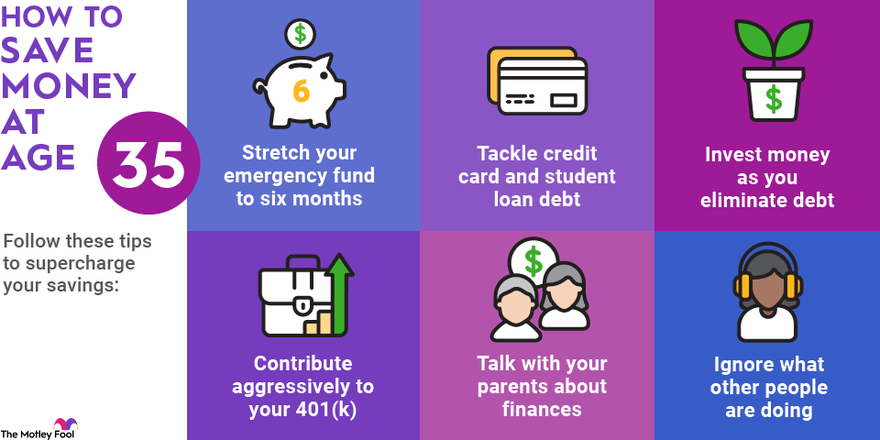
You should have two times your annual income saved by 35, according to a frequently cited Fidelity retirement chart. Let's assume that, at age 35, your salary falls right in the middle between the median weekly salary for a full-time worker between the ages of 25 and 34 and that for a full-time worker between the ages of ages 35 and 44. The median annual salary for the younger age group is $52,156 and $62,244 for the older demographic, according to U.S. Bureau of Labor Statistics data for the third quarter of 2022. If you earn just above $57,000, then by age 35, you should have saved about $115,000.
If you're nowhere close to that number, don't panic. We'll cover some strategies that can help you to save more money at age 35.
What's the average savings at age 35?
What's the average savings at age 35?
Having two times your annual salary saved, or about $115,000, is a good goal to aim for in your mid-30s. Not quite there yet? Join the club. The average 35-year-old doesn't have $115,000 saved either.
The median retirement account balance is $60,000 for the 35-44 age group, according to the Federal Reserve's 2019 Survey of Consumer Finances. Many people in this age group are building wealth through homeownership, with 61.4% owning a primary residence. The median net worth for someone between the ages of 35 and 44 is $91,100.
The data shows that between the ages of 35 and 44 is often when people get serious about saving for retirement. The median retirement account balance for those ages 25 to 34 is just $13,000, and the median net worth is $14,000. Only 36.2% of people younger than 35 are homeowners. If you are entering your mid-30s and just starting to plan for your later years, you are far from alone.
How to save more money at age 35
How to save more money at age 35
Follow these tips to supercharge your savings:
Stretch your emergency fund to six months
Your emergency fund probably needs have a relatively high balance in your mid-30s, especially if you have kids or you own a home. When you were just starting out, an emergency fund with three months' worth of expenses was sufficient, but at 35, your emergency fund should hold at least enough money to pay six months' worth of expenses.
This is especially vital if you work in an industry that's prone to layoffs or you're the sole breadwinner in your family. Having extra savings can give you the freedom to search for the right opportunity should you lose your job instead of jumping at the first paycheck you're offered.
Tackle credit card and student loan debt
If you still have student loans or credit cards, make getting rid of them a top priority. Start with your credit cards because they typically have the highest interest rates of any debt. After that, pay down your student loans, focusing first on any private loans since they usually have higher interest rates.
Since federal student loans will remain in forbearance going into 2023, due to COVID-19, consider putting the money that would have been allocated to federal student loan payments toward paying non-mortgage debt that's accruing interest. If your emergency fund is lacking, consider using this period to boost your savings. If you don't have debt other than a mortgage and you have a six-month emergency fund, you can use the temporary forbearance period to your advantage by reducing the principal amount of your federal loans since 100% of any payments are applied to the principal debt.
Invest money as you eliminate debt
As you pay off debt, it's essential to spend money that was going toward debt payments in a way that most benefits you. Once you've rid yourself of high-interest debt, reallocate the amount you were spending on debt toward investing for your retirement. If you have multiple debts, try the "debt avalanche" method whereby you focus on repaying the highest-interest debt first while paying minimum monthly amounts for the other debts. Once you repay that debt, you can start focusing on the debt with the next-highest interest rate.
It's essential not to delay or deprioritize investing at age 35, particularly if you started investing late. You may have missed out on some powerful years of compounding interest, but your money could still grow for 30 or more years.
Contribute aggressively to your 401(k)
You'll notice a common theme here: What was good enough in your 20s often doesn't suffice when you're in your mid-30s and need to accelerate your saving and retirement investing.
Typically, saving 15% to 20% of your pre-tax income is a good goal, although you may need to save a higher percentage if you're 35 and just getting started. Contributing enough money to your 401(k) plan to get your full company 401(k) match is a no-brainer, but this amount alone probably won't get you to 15-20% of your salary.
After you've received your employer's full match, aim to max out an individual retirement account such as a Roth IRA. If you have extra money to invest after that, you can add more to your 401(k). If you don't have a traditional salaried job, then check out your options for self-employed retirement plans.
Talk with your parents about finances
When you reach age 35, chances are good your parents are either already retired or getting close to their golden years. It's essential to talk with them about both their finances and your own. If their savings are lacking, setting aside a certain amount in a bank account so you can help them if needed may make sense.
Talking about your own finances helps to manage shared expectations. If you won't be in a position to help your parents out, it's best to communicate that as early as possible.
Ignore what other people are doing
In your mid-30s, you'll often see a lot of your peers upgrading. Their houses get bigger and their cars and vacations get fancier. Social media paints a certain picture that is often misleading.
Focus on your own goals, even if that means living on the budget of a 20-something. Living a lifestyle you can afford, instead of one that's Insta-worthy, is the single best thing you can do to build meaningful wealth.
Related retirement topics
Expert input on retirement
Expert Q&A

David C. John, MA, MBA,
The Motley Fool: What is your advice for someone who may be worried about retiring because of recent financial setbacks?
David John: If your health, family responsibilities, and job status allows, continue to work longer than you might have before. The extra time allows you to save more and for the markets to continue to recover from past losses. Most important, delay taking your Social Security for as long as possible so you'll have a larger, inflation-protected benefit.
The Motley Fool: There are no hard and fast rules about when to retire or how much we should have saved, but what three pieces of advice would you give someone who is just starting their first retirement savings account?
David John:
- Make saving a priority and contribute a consistent percentage of your income that grows over time every payday.
- Invest only in a diversified option like a target date fund that uses passive index funds. Don't try to beat the market with your retirement money.
- Don't take a withdrawal unless you absolutely have to. Instead, start a separate emergency fund in addition to your retirement account.










